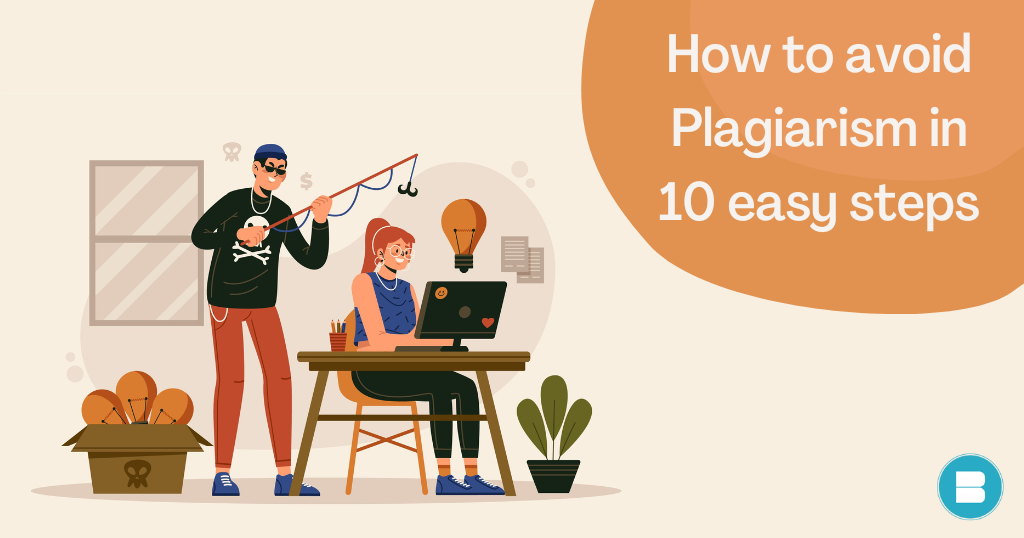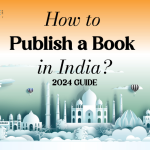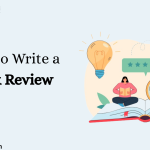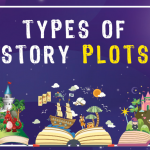Want to know How to avoid plagiarism? We got a solution for that.
A sort of fraud, theft of intellectual property, and general act of dishonesty, plagiarism is. Unfortunately, even the most brilliant people in our culture occasionally feel the urge to copy someone else’s ideas.
Not only is plagiarism immoral, but it is also punishable in a number of ways. An excellent illustration of how stealing intellectual property may derail a good career is Guttenberg, who was already highlighted. In addition to losing his doctorate and losing his position in the German government, Guttenberg also had his well-earned reputation destroyed.
There are various free plagiarism checkers online that can make your job easy. A plagiarism detector searches for similarities between your content and other texts using sophisticated database tools.
Behind the scenes, online plagiarism checkers analyse and crawl web content, searching for similarities between your text and a database of already published online materials. The examination of keywords highlights exact matches.
A few checkers can also detect partial matches (paraphrasing plagiarism). The checker normally shows you a percentage of plagiarism, emphasises the plagiarism, and names the sources. Some free online plagiarism checkers are Scribbr, Quetext, Grammarly, Unicheck, and PlagScan.
List of 10 tips on how to avoid plagiarism:
1. Begin early.
Making sure you give yourself adequate time to complete a paper will make it simple for you to avoid plagiarism. In a hurry, it is simple to overlook something. You’ll be miles ahead if you have enough time to do your research and concentrate on your content. We are more likely to make careless errors when we are under pressure.
2. Cite all the sources.
Citing your sources is one thing, but if you don’t do it properly, it won’t really mean much. Make sure you are applying the standards correctly and that you are aware of them for the paper you are working on. Even if you’re making the best effort, you could still make a mistake.
3. If you are quoting directly, make it clear.
Generally speaking, you don’t want to quote verbatim too frequently. However, if you must, use quotation marks and cite the page number of the relevant source. By doing this, your boss or a potential reader will know where to seek for this particular statement.
You may also like: Print on demand vs. Traditional Publishing: Which is right for you?
4. Learn the rules for your chosen citation style.
There are several citation formats, including APA, Chicago, and MLA. All you have to do is follow your method’s instructions. Additionally, the citation managers can aid you in that.
5. Paraphrase
Although there is a way to avoid stealing someone else’s ideas, you should still give credit when credit is due. When you can rework a sentence without losing its meaning, paraphrasing is effective. You cannot simply take out one term and substitute another; you must write it in your own words.

6. Make sure you cite yourself.
The term “self-plagiarism” exists. At first glance, that might appear strange, yet it makes total sense. Please cite any of your prior work that you use.
7. Use a plagiarism checker online.
There are many reliable online plagiarism detectors. The case for avoiding plagiarism is the same. To double-check your work, run it through a checker quickly. A quick check through a plagiarism checker online could save you a lot of trouble later.
You may also like: What is upfront fiction? Definition, Traits and Examples
8. Add your own work too.
While writing your book or research paper, it is very important that you add your own ideas. Don’t attempt to use every piece of information from your sources. By contributing some of your personal insights, try to bring some worth to the subject. It demonstrates your familiarity with the subject at hand. Only thorough inquiry that continues until everything makes sense can do this.
9. Reference page.
A reference page at the end of your article is another simple technique to prevent plagiarism. As you do your research and decide what you want to include, simply add to this list. When you are finished with your report, do not attempt to do it because it is simple to overlook something crucial.
10. Before submitting your work, double-check it.
As previously stated, there are numerous platforms available for testing for plagiarism online. A first check is provided for free by programmes like Grammarly. There are also other, more sophisticated paid options on the market. They provide sophisticated algorithms and a sizable publication database.
The act of directly duplicating another person’s words or citing or paraphrasing their ideas, research, or analysis without giving due credit are both examples of plagiarism. Even inadvertent plagiarism occurs when you cite someone else’s work without giving proper credit.
The easiest method to avoid plagiarism is to carefully arrange your work, ensure that you are familiar with your sources, and acknowledge the sources of your own ideas.
Publish your book for free with BlueRoseONE and become a bestselling author. Don’t let your dream of becoming an author fade away, grab the opportunity now and publish your book – be it fiction, non fiction, poetry or more.
















